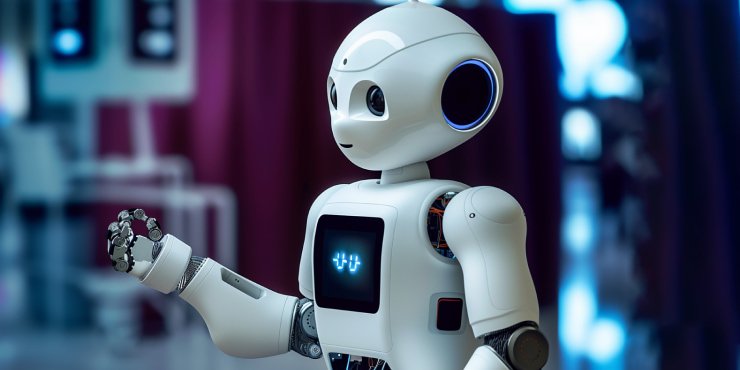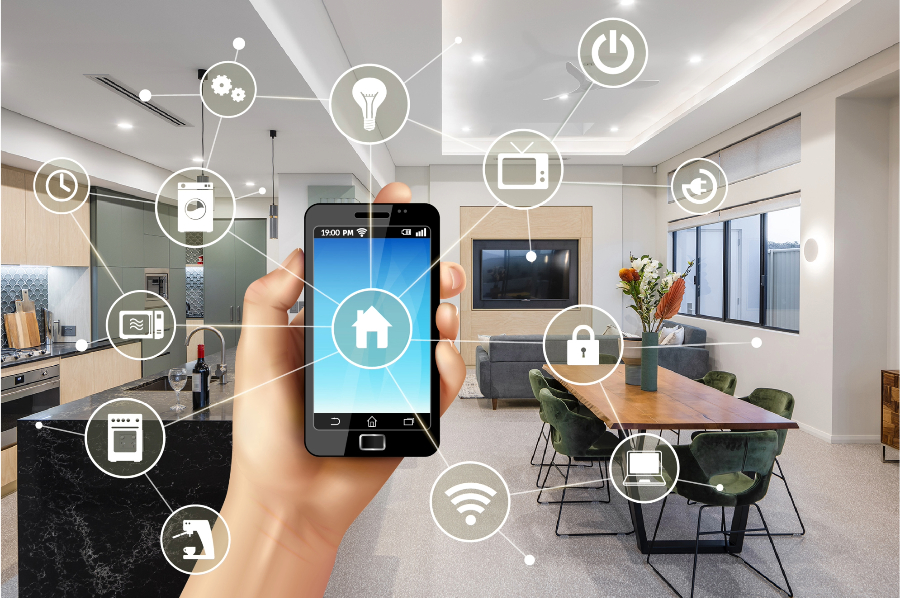The rise of smart home systems has revolutionized the way we live, offering unprecedented convenience and efficiency. However, with this technological advancement comes significant concerns about privacy. Ensuring privacy in smart home systems is crucial as these devices collect and share vast amounts of personal data.
As more households integrate smart devices, understanding how these systems handle information is essential. This article delves into the privacy issues associated with smart home technology and provides insights into safeguarding your data.

Understanding Smart Home Systems
Smart home systems encompass a range of devices like thermostats, lights, cameras, and voice assistants, all interconnected through the internet. These devices collect data to optimize their function, improve user experience, and enhance energy efficiency. However, the data they gather can be sensitive, raising privacy concerns.
The Importance of Data Privacy
Data privacy is about ensuring that personal information remains confidential and is used appropriately. In the context of smart homes, this means protecting the data collected by devices from unauthorized access and misuse.
Potential Risks to Privacy
Several risks threaten privacy in smart home systems. Hackers can exploit vulnerabilities to access personal data, while companies might use collected data for marketing without users’ consent. Additionally, inadequate security measures can lead to data breaches.
How Smart Home Devices Collect Data
Smart devices gather data through sensors and user interactions. For instance, a smart thermostat records temperature preferences, while a voice assistant logs commands. This data is often stored in the cloud, posing potential privacy risks if not properly encrypted.
Types of Data Collected
The data collected by smart home devices can include:
- Usage patterns, such as when lights are turned on/off
- Personal preferences, like thermostat settings
- Audio recordings from voice assistants
- Video footage from security cameras
Understanding what data is collected helps users make informed decisions about their privacy.
Data Storage and Security
Data storage is a critical aspect of smart home privacy. Information is typically stored in the cloud, requiring robust security protocols to prevent unauthorized access. Implementing strong passwords and using encryption can enhance data security.
The Role of Manufacturers
Manufacturers play a vital role in ensuring privacy in smart home systems. They must prioritize security during the design and development of devices, providing updates to address vulnerabilities and educating consumers about best practices.
Security Features to Look For
When purchasing smart home devices, look for:
- End-to-end encryption
- Regular software updates
- Two-factor authentication
- Transparent data policies
These features can significantly enhance the security of your smart home.
Best Practices for Protecting Your Privacy
Users can take several steps to protect their privacy when using smart devices:
- Change default passwords regularly
- Keep software updated
- Use a secure network
- Disable unused features
Being proactive about security can reduce the risk of data breaches and unauthorized access.
Understanding Privacy Settings
Familiarize yourself with the privacy settings of each device. Adjust permissions to limit data collection and sharing. This can help maintain control over personal information and enhance overall privacy.
Legal and Regulatory Measures
Governments worldwide are implementing regulations to protect consumer privacy in the digital age. These laws require companies to be transparent about data usage and provide consumers with control over their personal information.
For more insights on regulatory compliance, you can read about AI in regulatory compliance.
Global Privacy Regulations
Key regulations include:
- The General Data Protection Regulation (GDPR) in Europe
- The California Consumer Privacy Act (CCPA) in the USA
- Other regional privacy laws
These regulations aim to protect consumers and hold companies accountable for data practices.
Future of Privacy in Smart Homes
As technology evolves, so do the challenges and solutions related to privacy in smart home systems. Emerging technologies like AI and machine learning offer new opportunities to enhance security and protect user data.
Explore more about smart home automation ideas for a secure and efficient home.
Innovations in Privacy Protection
Future innovations may include:
- Advanced encryption techniques
- Decentralized data storage
- Enhanced user control over data
These advancements can help mitigate privacy risks and protect personal information.
Conclusion
Protecting privacy in smart home systems is a shared responsibility between manufacturers, consumers, and regulators. By understanding the risks and implementing best practices, users can enjoy the benefits of smart technology without compromising their privacy.
For further reading on the pros and cons of home automation, visit this article.

Frequently Asked Questions
What are smart home systems?
Smart home systems are networks of internet-connected devices that automate household functions, enhancing convenience and efficiency.
How can I protect my privacy in a smart home?
Protect your privacy by using strong passwords, keeping software updated, and understanding device privacy settings.
What regulations protect smart home privacy?
Regulations like the GDPR and CCPA protect consumer privacy by enforcing transparency and giving users control over their data.
For more insights on voice control in home automation, you can refer to this resource.





